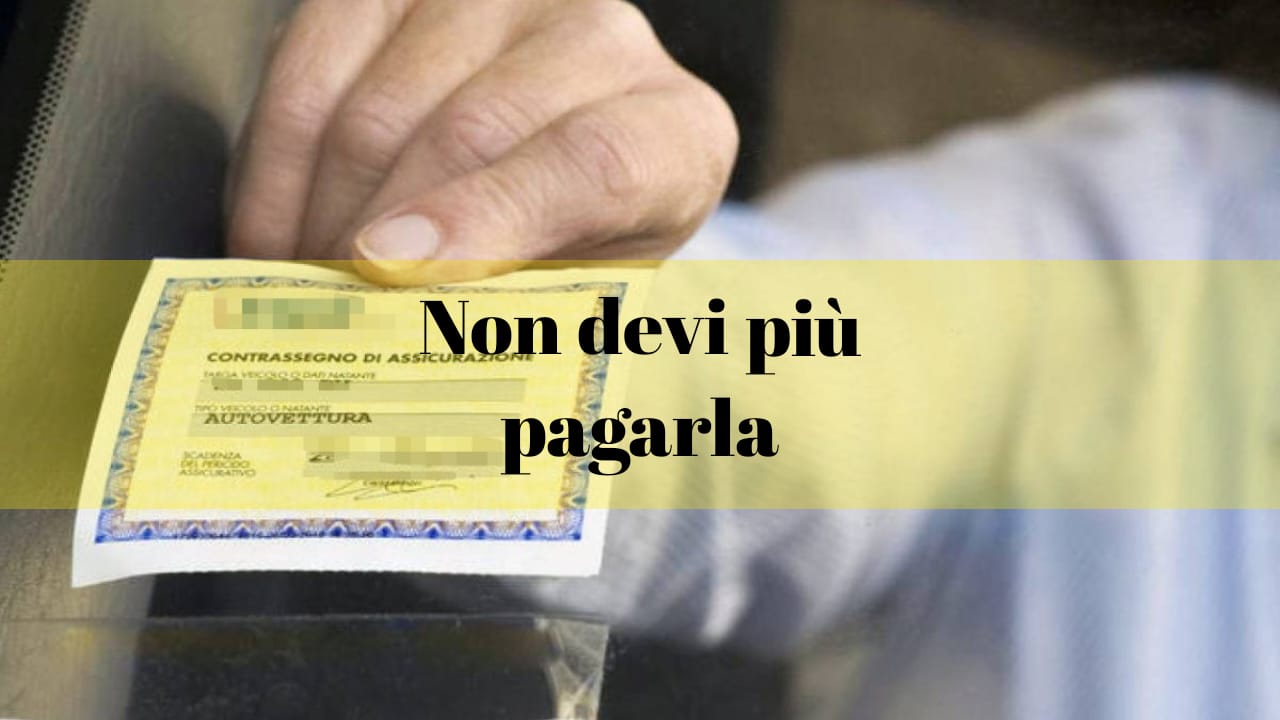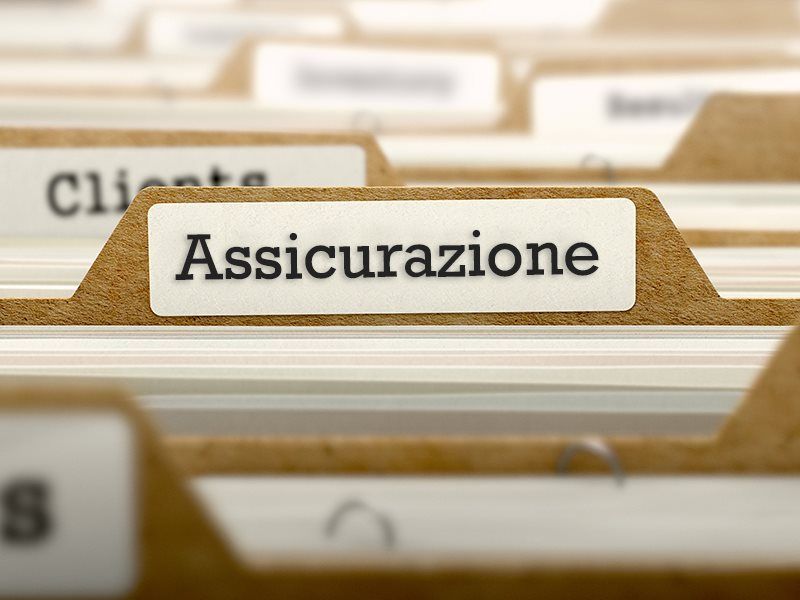Car insurance is one of the taxes hated by all Italian motorists, because the amount is almost always through the roof, just like the car tax.

The difference between the two taxes lies in the fact that the car tax must be paid regardless of the use of the vehicle because it is the possession tax, while the insurance must be paid only if the vehicle is driven on the road.
To date, no one can suggest avoiding paying for insurance to save money, because it is mandatory as well as fundamental given that it protects motorists from the consequences of any accidents.
Here’s what to do before taking out an insurance contract
However, there are some nuances that cannot be ignored. For example being that the cost of insurance has increased significantly in recent years, the most convenient thing to do is to request many online quotes. Then, compare the amounts of the different policies and choose the most convenient agency.
This is certainly the best solution, the middle ground between not paying and paying too much for no real reason. We have probably heard at least once about the suspension of the insurance policy which allows you to avoid unnecessary waste of money.
And yet not everyone knows what e is when it can be requested or at least the reason why it’s worth it.

How to save on insurance in some moments of life
What must always be remembered is that the suspension of the policy can only be requested when the vehicle is not being used to go out and therefore for travel in general, even if of a few km.
Precisely in this case the difference between road tax and insurance applies, because while the road tax must be paid regardless, the insurance must not be paid if the car remains in the garage, in the driveway of the house, etc. in short, sheltered and therefore safe.
Any vehicle driving on the road without insurance coverage risks a fine ranging from 800 to €3000. If a vehicle is not moving or will no longer be moving starting on a specific date, the owner can simply call the insurance company and ask for the policy to be suspended and then have it restarted when they choose to get it back on track.
Obviously, before putting the vehicle back on the road, you need to make sure that the policy has been restarted. If, on the other hand, we are talking about an expired policy, you have fifteen days to make the payment without running the risk of being fined.




